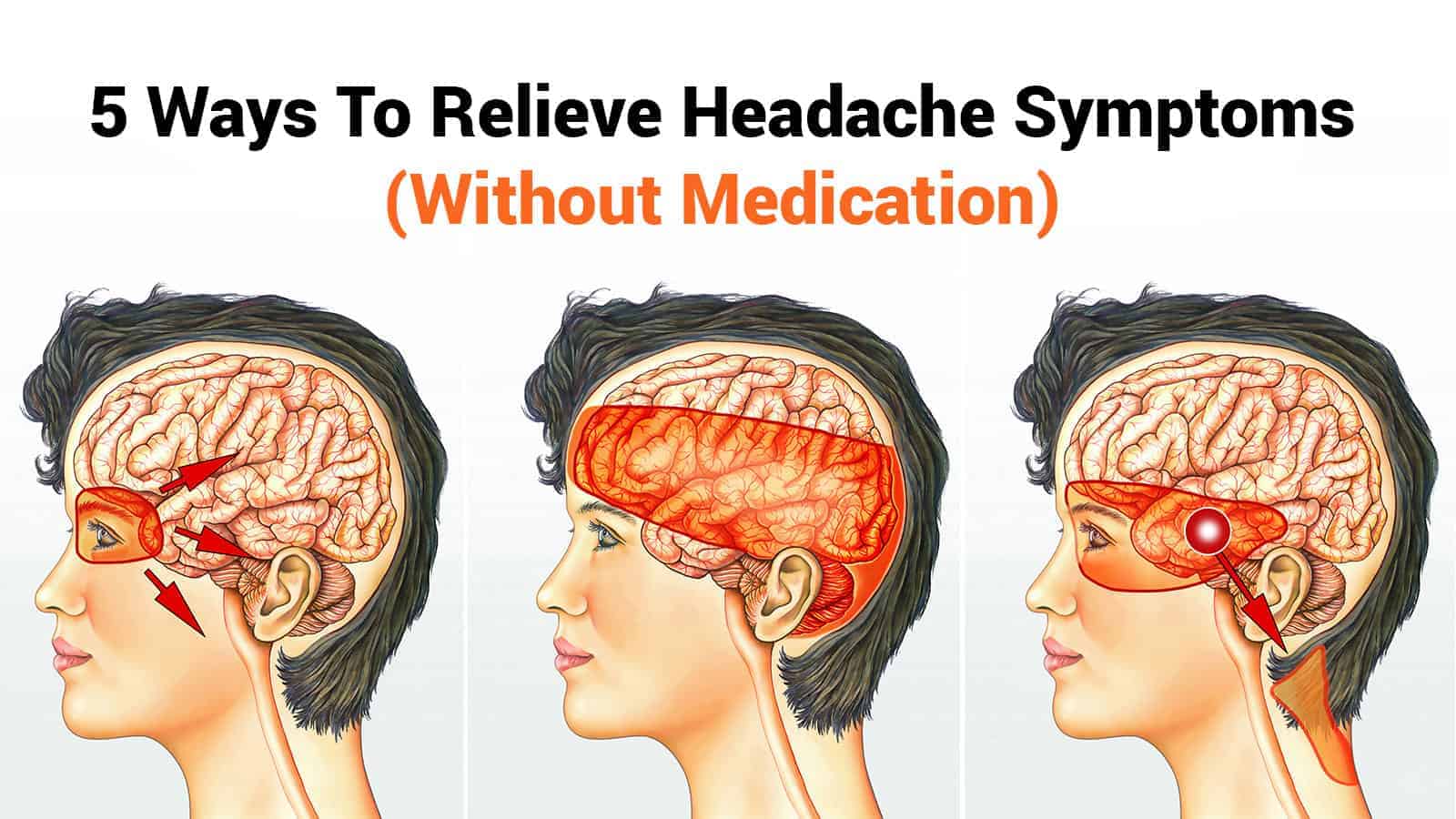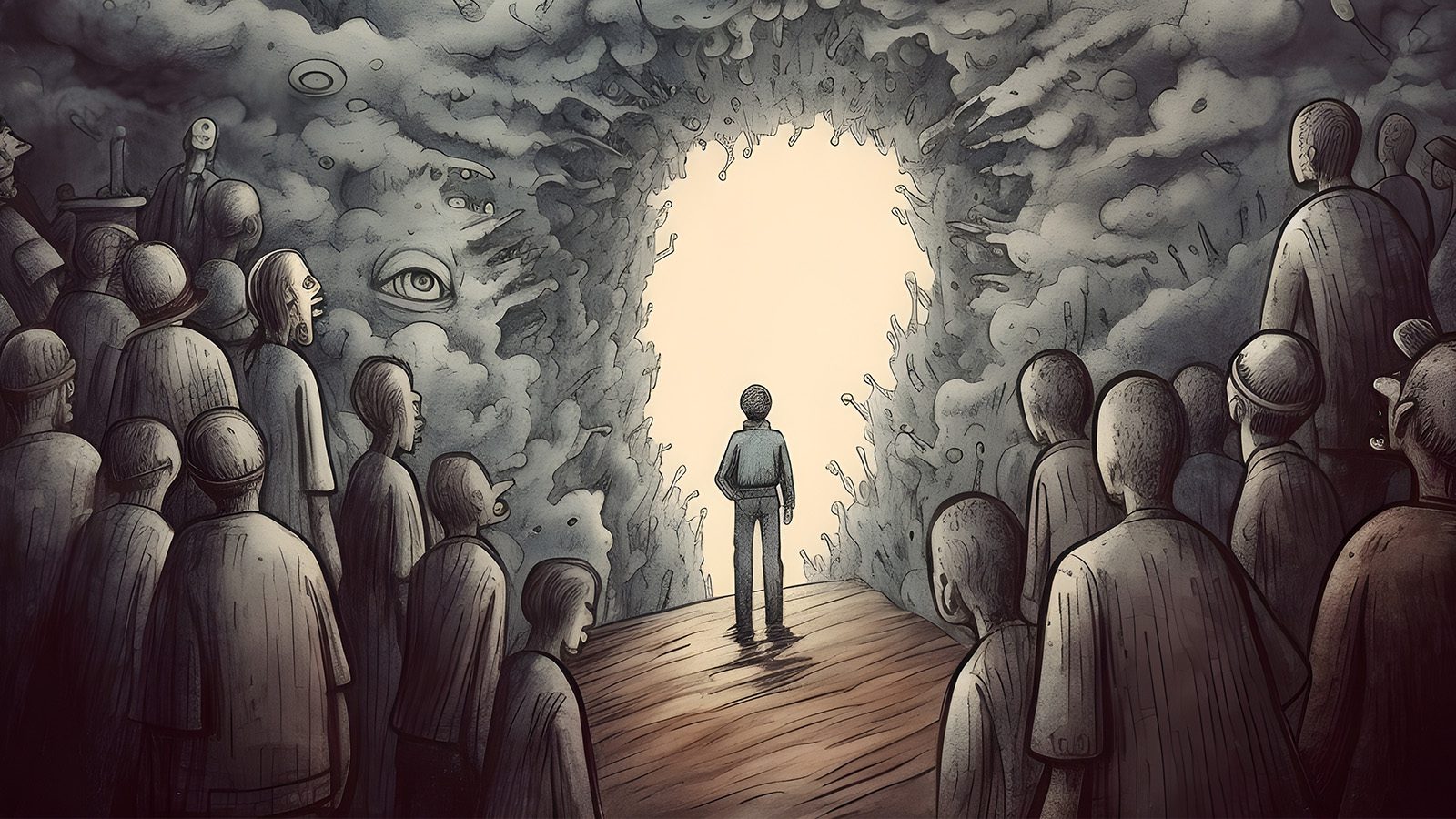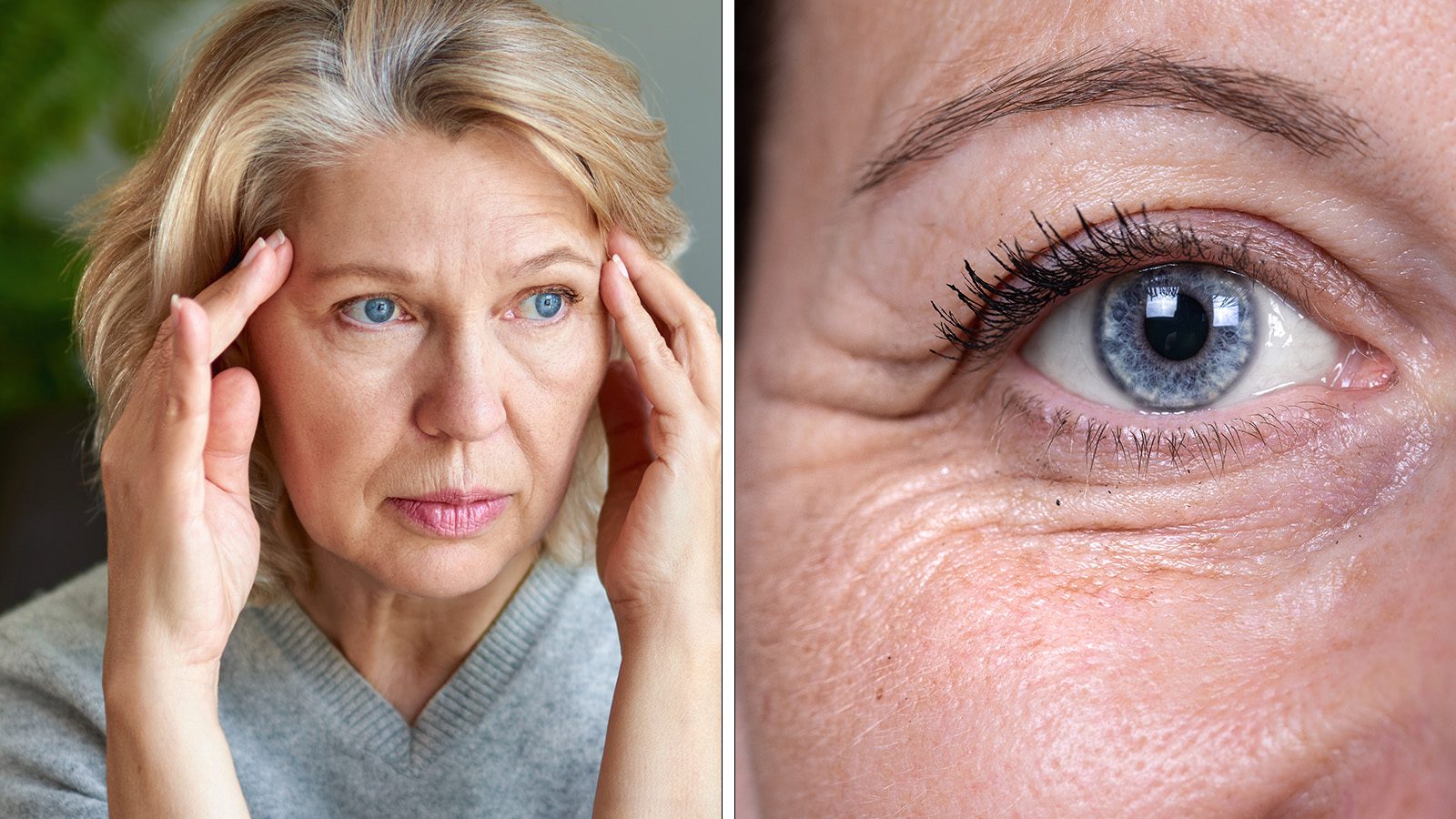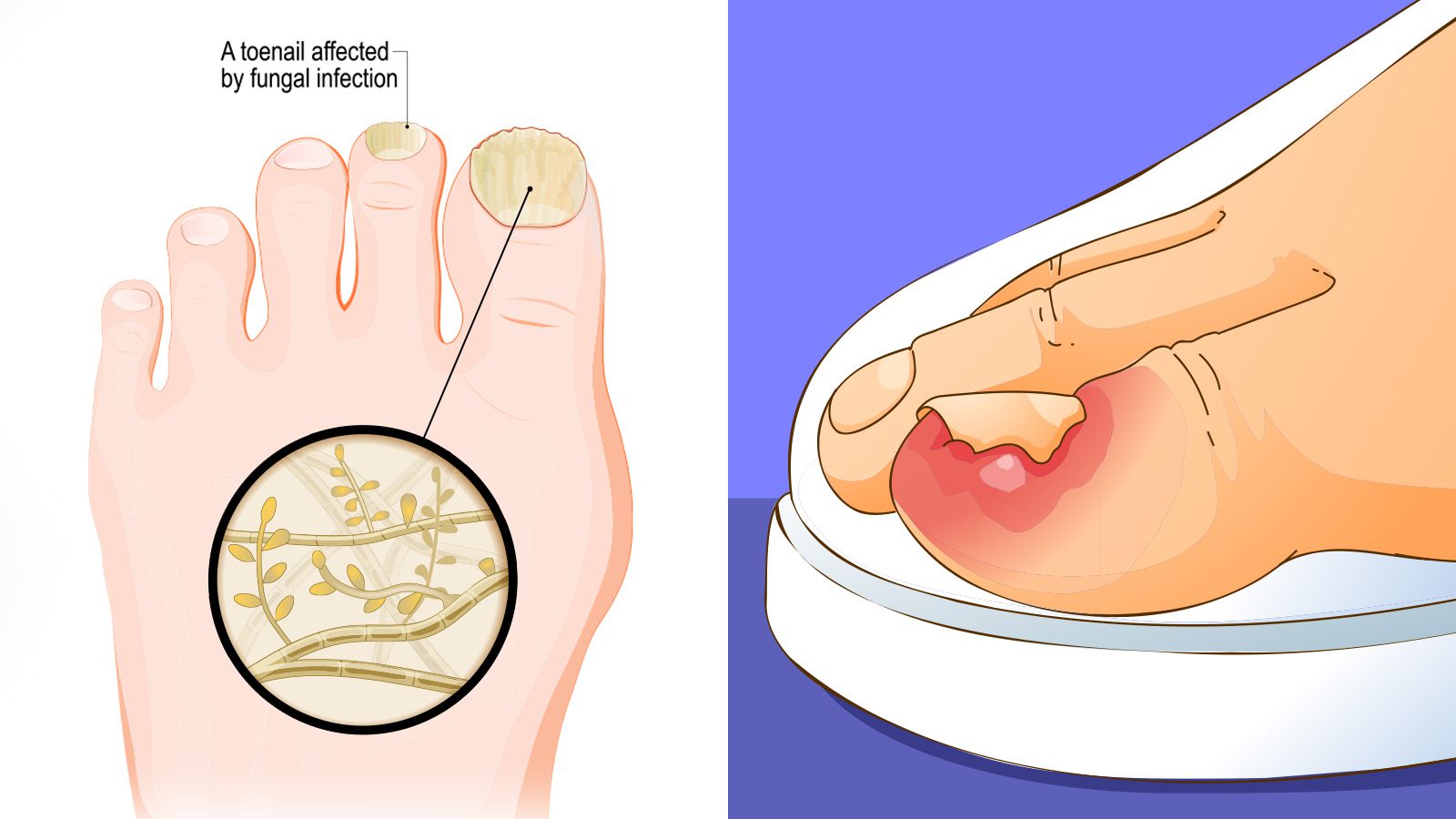We all get headaches from time to time. Sometimes they are self-induced through stress, diet, or lack of movement, and other times they signal that something else might be going on inside our bodies.
It’s important to know that not all headaches are created equal. Listening to our bodies and understanding our headaches, including their triggers, can help us treat them more efficiently.
More importantly, it can signal that something more serious is going on and prompt us to seek medical attention. Please know the information in this article is for education purposes only and is not meant to diagnose or be used as a course of treatment without medical guidance. It is always advisable to see your doctor when you experience any unusual, unexplainable, or persistent symptoms.
What is a headache?
Headaches are a pain in a part of your head. Most headaches (96%) are benign, but some less common types of headaches require immediate medical care.
Headaches are classified as either primary or secondary headaches. A primary headache has no identifiable cause, while a secondary headache results from some abnormality. Secondary headaches can cause disabilities or be life-threatening.
Common types of headaches include the following:
- Tension headaches
- Migraine headaches
- Cluster headaches
Secondary headaches include
- Traumatic brain injury
- Conditions that affect your circulatory system
Headaches may be a sign that you have an underlying health problem. Other conditions that can cause types of headache include:
- High blood pressure
- Tumors or cysts
- Blood clot in your sinus region that prevents blood flow out of the brain
- Meningitis
- Encephalitis
- Stroke
- Carbon monoxide poisoning
Six Types of Headaches You Should Not Ignore
Seek help if you have severe pain or the aching does not go away within a few hours.
1 – Tension Headache
Tension headaches are the most common type of headache. It’s reported that 90% of people will experience one in their lifetime. They result from tightness, or tension, in the muscles of the upper back and neck, usually caused by stress and fatigue.
The pain is mild to moderate and manifests itself through a dull pressure or tightness in the forehead. You can treat these headaches through natural relaxation methods like yoga, meditation, massage, or even a nap. If they persist, over-the-counter pain relievers are also an option.
2 – Sinus Headache
Sinus headaches happen as a result of an acute sinus infection. The symptoms of a sinus headache are pain around the nose and eyes, a runny nose, and fever. The pain can range from mild to severe, and the best treatment is OTC pain relievers and sinus medications.
3 – Migraine Headache
Many people with migraines might not even be aware that they have one because less severe migraine headaches are often mistaken for tension or a sinus headache. A migraine is a neurological condition that results in throbbing pain, sensitivity to light and sound, nausea, and vomiting.
Specific triggers such as sensitivity to climate changes, hormonal imbalances, reactions to certain foods, and visual disturbances may help predict oncoming migraine pain that ranges from moderate to severe.
People suffering from chronic migraines are usually under a doctor’s care, which includes a remedy and lifestyle changes.
4 – Cluster Headache
Cluster headaches are rare, affecting only .1% of the population. They tend to occur simultaneously every day, so doctors believe the hypothalamus is involved, as it’s responsible for controlling our body’s clock.
They are called cluster headaches because they come in clusters daily over several weeks. It begins with excruciating pain behind the eye and usually starts shortly after sleep.
Cluster headaches are triggered by alcohol and are also more common in smokers.
Cluster headaches are treated through your wellness professional and include medications, nerve blocks, and even melatonin.
5 – Sport Headaches
There has been a lot of discussion in the news lately regarding concussions and sports, specifically within the NFL. It’s hard to avoid headaches in many contact sports, including hockey, boxing, football, and rugby.
The headaches can manifest themselves through tension or migraine-type symptoms. The National Headache Foundation says, “Serious diseases may cause early morning awakening headaches.
These diseases may include brain tumors, sleep apnea, and severe high blood pressure.”
The pain and symptoms are varied, so it’s vital to seek a proper diagnosis if you are experiencing frequent headaches following exercise or playing a sport.
6 – Thunderclap Headaches
Thunderclap headaches are named for their sudden, explosive pain. These severe headaches peak within 60 seconds, but the pain can linger for more than a week.
It’s essential to pay attention to the warning sign of a thunderclap headache because it is usually a sign of a more severe illness. It is imperative to seek medical help right away when experiencing one.
Thunderclap headaches are attention-getting and dramatic, and its symptoms include pain that:
- Strikes severely without warning
- Starts to diminish after 60 seconds
- Is constant, lasting anywhere from an hour and ten days
- Involves the neck, lower back, or head
- Can be accompanied by nausea, vomiting, or loss of consciousness
How to Relieve Most Types of Headaches Naturally
There are natural remedies for common types of headaches that many people swear by. Try one of these natural remedies the next time you have a headache. Natural remedies for common types of headaches include these:
Peppermint oil
Dab a little peppermint oil on your finger and massage it into the back of your neck, your temples, your chest, and shoulders. These areas of your body are susceptible to tension.
Lavender oil
This essential oil is good for migraines due to stress or lack of sleep. Lavender has calming properties that help relieve stress and anxiety. Inhale a little lavender when a migraine hits.
Coenzyme Q10(CoQ10)
This is an enzyme that helps remove the symptoms of a headache. Be sure to ask your doctor if CoQ10 is safe for you to take. Individuals with chronic diseases such as kidney failure, diabetes, or liver problems shouldn’t take CoQ10.
Magnesium
Low magnesium has been linked to migraines and headaches. Taking a magnesium supplement may help treat your migraine nausea, vomiting, and other symptoms. Eating foods high in magnesium may help to prevent migraines. Add these foods to your diet.
- Black beans
- Nuts
- Whole grains
- Coffee
- Tea
- Cereals
Folate, a Vitamin B
Folate makes the red and white blood cells located in the bone marrow. If you’re low in folate, you can end up with anemia. This can lead to migraines, fatigue, low appetite, and pale skin. Taking 2 mg. of folic acid and B vitamins can reduce your migraine symptoms.
Speak with your health care provider before you start taking any vitamins or supplements, especially if you take medications. Some supplements interact with medications and could make you ill.
Exercises That Can Relieve Some Types of Headaches
What activities will help relieve headaches?
Certain activities can help elevate most types of headaches. Many activities relieve stress, which is often a trigger for a headache. Activities you can do to help get rid of your headache include.
- Yoga
- Mindfulness
- Meditation
- Relaxation techniques
Other things you can do, include these things:
Maintaining a healthy lifestyle-Staying healthy can help get rid of headaches. Maintain regular exercise and healthy foods in your lifestyle.
- Get enough sleep
- Find ways to alleviate your stress.
- Get regular check-ups-During your check-up, your health care provider will do blood work to check your blood pressure, cholesterol, both of which can contribute to headaches,
Final Thoughts on Knowing the Types of Headaches
When seeing a doctor for a thunderclap or another headache, prepare by bringing as much information about the episodes as possible.
Note the symptoms, triggers, any medications, and write down questions for the doctor. The more information we have, the better equipped our doctor is to formulate a course of action.
Headaches are a warning sign, trying to tell us something. Whether they are saying slow down and relax or alerting us to a more severe condition, it will do us good to pay attention to what they are saying and seek professional help when severe and persistent.


















